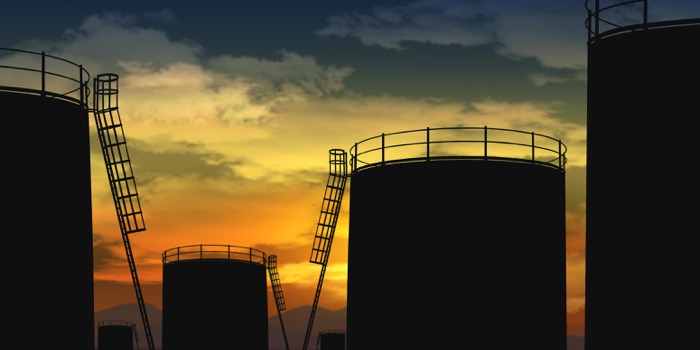Baghdad has announced plans to boost southern crude oil export capacity by 72 percent within the next three years.
As part of this pact, it has signed a $2.625 billion deal with South Korea’s Daewoo Engineering & Construction (Daewoo E&C) to build out the Al-Fao main export depot to the south of Basra.
It will also increase the storage capacity at Al-Fao to 24 storage tanks, each of 58 thousand cubic metres (around 365,000 barrels), for a total capacity of around 8.76 million barrels.
This would add to the six storage tanks already in place, and is to all intents and purposes a reiteration – and expansion – of the original crude oil export infrastructure build-out plan that was about to be launched before Islamic State (IS) began to run riot across Iraq from 2006.
Although Iraq’s crude oil export routes to the North, and into mainland Europe via the Turkish port of Ceyhan, appears theoretically the better export option, the practical political considerations involved render the theory obsolete.
The original Kirkuk to Ceyhan Pipeline, also called the Iraq-Turkey Pipeline (ITP), consisted of two pipes, which theoretically had a nameplate capacity of 1.6 million bpd combined (1.1 million bpd for the 46 inch diameter pipe, and 0.5 million bpd for the 40 inch one).
For more information visit gds.gov.iq











